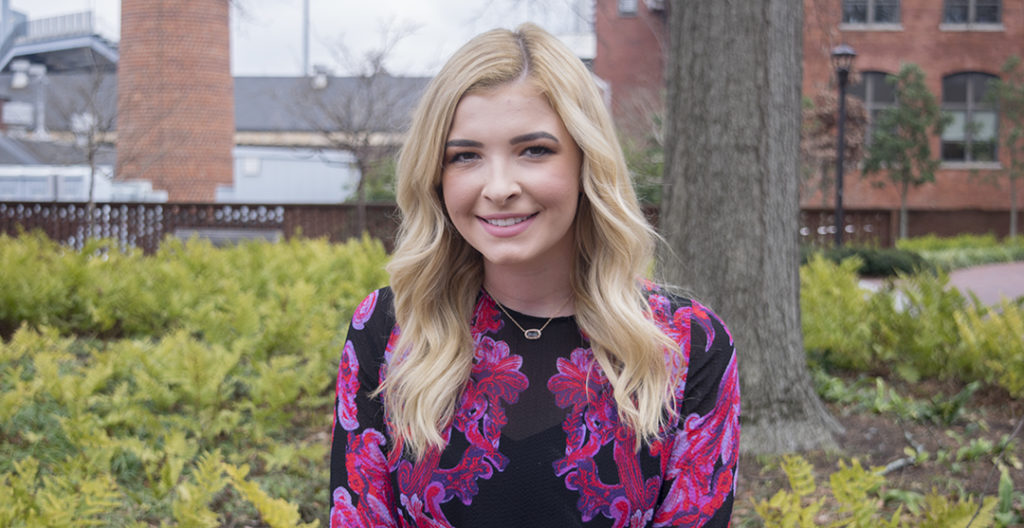
As a child, three things were permanently instilled in my character: it is more important to be excluded for who I chose to include than be included for who I chose to exclude, that kindness above all else will bring me far more satisfaction than anything and most importantly, to be a good person when it does not count.
Recently, I found myself going through the Chick-fil-A drive-thru on Northside Drive near campus. This is an activity that I do on most Saturdays to ensure that I do not go through a spicy chicken sandwich withdrawal when they are closed on Sunday afternoon. This particular Chick-fil-A is known to have a few homeless individuals nearby, and more often than not, people bring out meals as an act of kindness.
On this occasion, I witnessed a mother and her young son — maybe seven years old — approaching a homeless woman with a meal. I could not help but watch in disbelief as the mother pulled out her iPhone and recorded her son walking from the doorway to nearly 500 feet away where the individual was sitting, in order to catch the act of kindness on tape. Not only did the mother record her son, she recorded the poor woman on the receiving end of this gesture. At this point I had no interest in finishing my food. I watched as she filmed the woman eating her meal and took pictures of her child presumably to post on her social media. It is not like the mother-son duo took the time to get to know the woman other than using her image for their social gain. Once the mother got enough photo and video ops they hightailed it back to the car.
For the next week, I found myself bothered by this, only to find ample examples of people on social media broadcasting their deeds of helping those in need for the promotion of their own sick, social credit system. I never really thought about it until witnessing the action from my car, rather than mindlessly interacting with a video on my cell phone screen. I have come to realize that there is a not-so fine line when it comes to promoting others to do good deeds and promoting your own good deeds. For example, posting on social media “on Tuesdays and Fridays a group of students get together and package leftover meals from the dining halls. If anyone would like to join us, we are always looking for new volunteers,” is promoting community in a way that does not devalue the recipient of your charity. On the other hand, posting an image of myself wearing a hairnet handing out sandwiches to the students who receive the meals is unacceptable and turns my charity into a performance, rather than an intentional desire to help others.
This mother essentially taught her son to do good only when others are watching. I personally believe that if you are a good person, you will not have to whip out your iPhone for proof of your character. Doing good quietly speaks volumes about someone’s intentions, integrity and humanity. Furthermore, filming good deeds for the purpose of publishing on social media exploits those receiving them. Film and photography have the ability to dehumanize and take away voices of the disenfranchised. By documenting and sharing good deeds on social media, posters are stripping away the subject of their donations to nothing more than a recipient of charity. Can someone really be devoted to social good and the welfare of others when they have other motives such as self-promotion? I personally am doubtful.
Yes, a good deed is a good deed, and they likely made that lady’s day with their act of kindness, but integrity is far more important than what people know or think about you. Especially in today’s media crazed society, it is easy to forget that your outward image online does not actually represent who you are, but rather a perfected copy of who you would like to be seen as.
